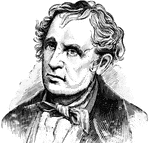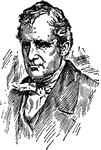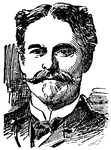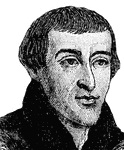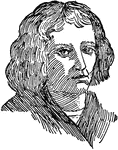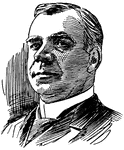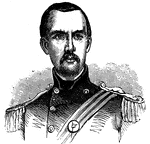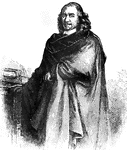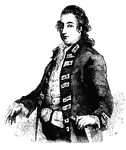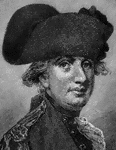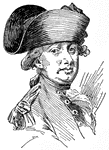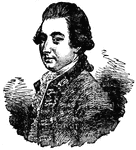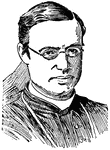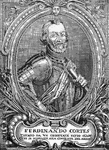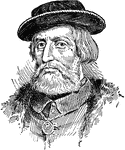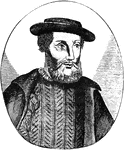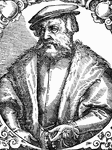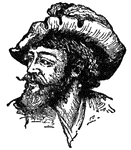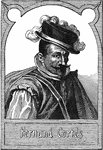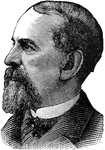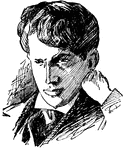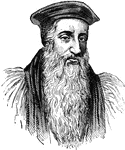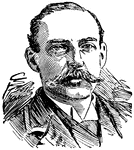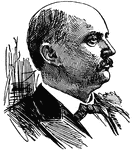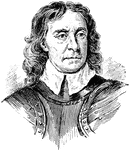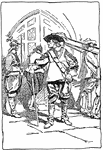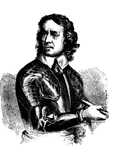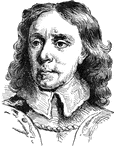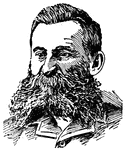387 illustrations of famous people including: Sebastian Cabot, Caesar, John C. Calhoun, Andrew Carnegie, Samuel Champlain, Li Hung Chang, Charlemagne, Geoffrey Chaucer, Henry Clay, Samuel Clemens, Grover Cleveland, Christopher Columbus, Confucius, Hernan Cortes, Stephen Crane, David Crockett, Oliver Cromwell, George Armstrong Custer, and many more
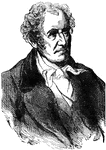
James Fenimore Cooper
"The celebrated novelist, James Fenimore Cooper, was born at Burlington, New Jersey, September 15, 1789.…
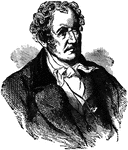
James Fenimore Cooper
James Fenimore Cooper (September 15, 1789 - September 14, 1851) was a prolific and popular American…
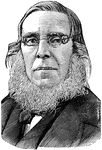
Peter Cooper
"His career shows him to have been one of the greatest of Americans and the noblest of men. He learned…
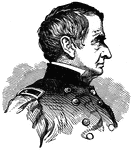
Samuel Cooper
(1609-1672) Studied painting under his uncle John Hoskins and later emerged as the greatest English…
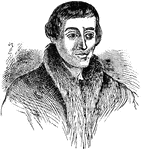
Nicolaus Copernicus
Nicolaus Copernicus (February 19, 1473 - May 24, 1543) was the first astronomer to formulate a scientifically…
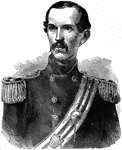
Michael Corcoran
"General Michael Corcoran, born in Carrowkeel, County Sligo, Ireland, September 21st, 1827, died near…
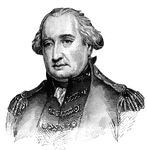
Lord Cornwallis
"Lord Cornwallis, key figure in the peace process between Britain and America."—E. Benjamin Andrews,…
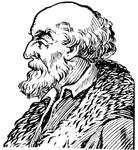
Correggio
(1494-1534) Renaissance painter who painted the series of mythological frescoes in the convent of San…
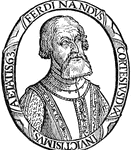
Hernán Cortés
Hernán Cortés de Monroy y Pizarro, 1st Marquis of the Valley of Oaxaca (1485-1547) was a famous Spanish…
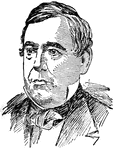
Thomas Corwin
(1794-1865) US governor of Ohio and representative and senator as well as ambassador to Mexico.
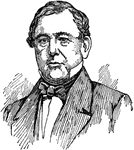
Thomas Corwin
Thomas Corwin, also known as Tom Corwin and The Wagon Boy was a politician from the state of Ohio who…
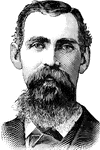
Captain W. L. Couch
Leader of the "Oklahoma Boomers," Couch and his group explored the west and Native American territory.
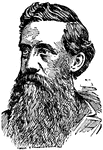
Elliott Coues
(1842-1899) Ornithologist who served as assistant surgeon in the Union Army. His Birds of the Colorado…
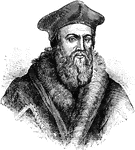
Thomas Cranmer
Thomas Cranmer (2 July 1489 – 21 March 1556) was a leader of the English Reformation and Archbishop…
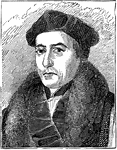
Archbishop Thomas Cranmer
Thomas Cranmer (2 July 1489 – 21 March 1556) was a leader of the English Reformation and Archbishop…
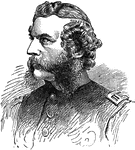
Samuel Wylie Crawford
Samuel Wylie Crawford (November 8, 1829 - November 3, 1892) was a United States Army surgeon and a Union…
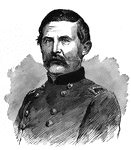
General Thomas L. Crittenden
"General Crittenden, born in Russellville, Ky., May 15th, 1815, studied law under his father, was admitted…
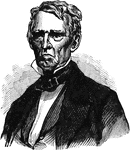
John Jordan Crittenden
John Jordan Crittenden (September 10, 1786 - July 26, 1863) was an American statesman from Kentucky.…
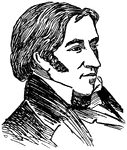
David Crockett
(1786-1836) Frontiersman that later became a politician and died in the battle of the Alamo.
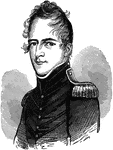
Major George Croghan
George Croghan (15 November 1791 – 8 January 1849) and fought in the War of 1812 and the Mexican-American…
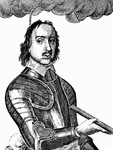
Oliver Cromwell
An English politician and military leader. He led a rebellion against the British Monarchy.
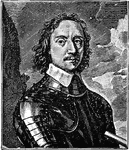
Oliver Cromwell
Oliver Cromwell (25 April 1599 Old Style– 3 September 1658 Old Style) was an English military…
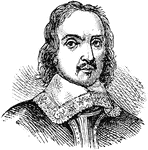
Oliver Cromwell
Oliver Cromwell (25 April 1599 Old Style– 3 September 1658 Old Style) was an English military…

Oliver Cromwell
Oliver Cromwell (born April 25, 1599 Old Style, died September 3, 1658 Old Style) was an English military…
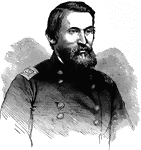
General George Crook
"General Crook, born near Dayton, O., September 8th, 1828, died in Chicago, Ill., March 21st, 1890,…
